Set off on an expedition to discover the myriad ways Christmas is celebrated globally. This holiday, observed differently across various cultures, is rich with unique traditions and practices. From European to Asian, African to American soils, communities unite during this festive period, honoring their cultural legacies and spreading happiness.
Let’s uncover the stories behind these festive customs and discover how they contribute to the global holiday spirit.
Historical Significance of Christmas Traditions
Christmas is a holiday rich in history and traditions that have been passed down through generations. Understanding the origins and evolution of these customs can provide valuable insights into the historical significance of Christmas traditions.
Origins of Christmas Traditions
Exploring the historical roots of popular Christmas customs reveals fascinating connections to ancient cultures and religious practices. Many festive practices, such as decorating trees, exchanging gifts, lighting candles, come from pagan celebrations that precede Christianity. For instance, ancient civilizations who believed in nature’s renewal during winter solstice are responsible for decorating evergreen trees.

Furthermore, different people over time impacted on how these customs evolved. This was evident when early Christians were influenced by Roman festival known as Saturnalia where feasting and gift giving took place for instance or when Christianity combined with Norse mythology leading to Yule festival hence overlapping Christian traditions.
Evolution of Christmas Celebrations
As societies evolved over time so did their celebrations of Christmas. Historical events and cultural influences played a significant role in shaping these customs. The conversion of Emperor Constantine into Christianity during 4th century AD marked an important development in terms of official recognition given by Roman Empire for celebrating Christmas.
Throughout history various factors like colonization, migration and globalization have also shaped how Christmas is celebrated around the globe. For example traveling European settlers colonized other continents and brought their traditions with them as well as incorporating local customs into their celebrations.
Understanding the evolution of Christmas traditions enables us to see how these traditions have adapted to different cultural contexts while still holding on to certain core elements. Despite diverse cultures, these festive practices have stood the test of time and continue to bring joy and harmony in various communities.
Diverse Practices and Cultural Customs
Christmas is a time of celebration that brings people together from all corners of the globe. The cultural diversity of holiday traditions is truly remarkable, with each culture showcasing its unique customs and practices.
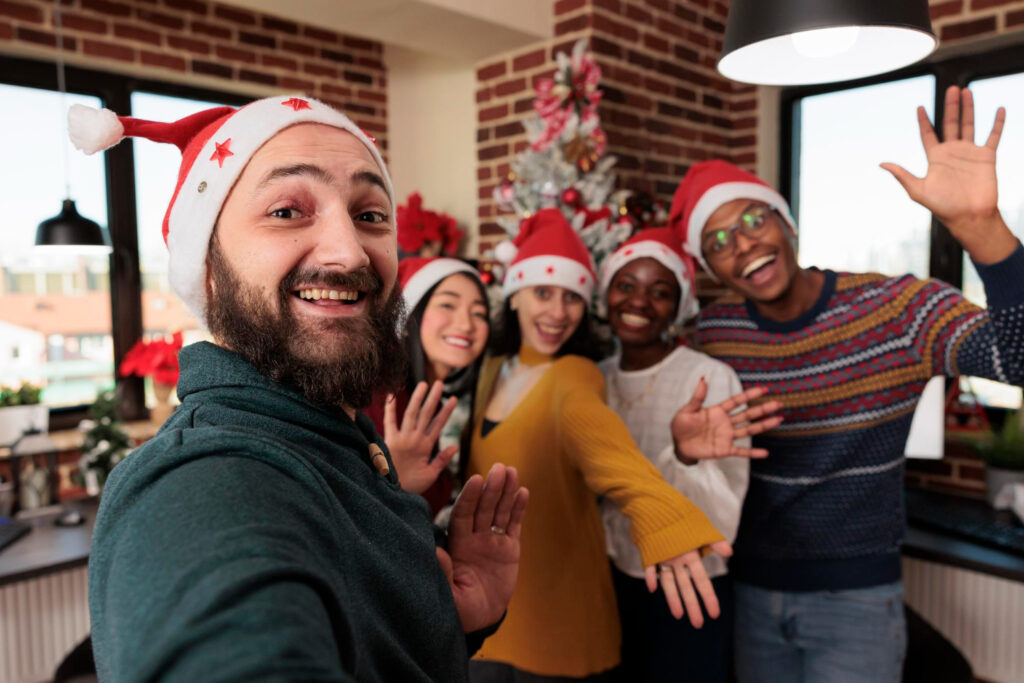
Christmas Traditions Across Different Cultures
Exploring the ways various cultures celebrate Christmas unveils a tapestry of diverse practices. For example, in Mexico, Las Posadas is a tradition that retells Mary and Joseph’s search for lodging before Jesus’ birth. In Sweden, St. Lucia’s Day involves a parade led by a young girl who wears a crown made out of candles on her head. These are just some examples among countless others that show how richly varied global holiday traditions can be.
Furthermore, different regions have distinct cultural customs and rituals associated with Christmas season. Each tradition carries significant meaning within its own culture from lighting Advent candles to performing nativity scenes. Studying such practices gives us not only more knowledge but also helps us know human beings can be creative beyond our imagination.
Symbolism and Traditions
Uncovering the symbolic meanings behind different Christmas traditions adds another layer of understanding to their cultural significance. For example, gift exchanges in many cultures symbolize love, generosity and goodwill while candle lighting during this period signifies hope and warmth throughout the darkest part of the year.
Moreover, certain specific customs are very important in various societies. The Feast of Seven Fishes in Italy represents abundance while honoring religious beliefs. Japanese people make Christmas cake even though Christianity is a minority religion because it means joyfulness and mirth.
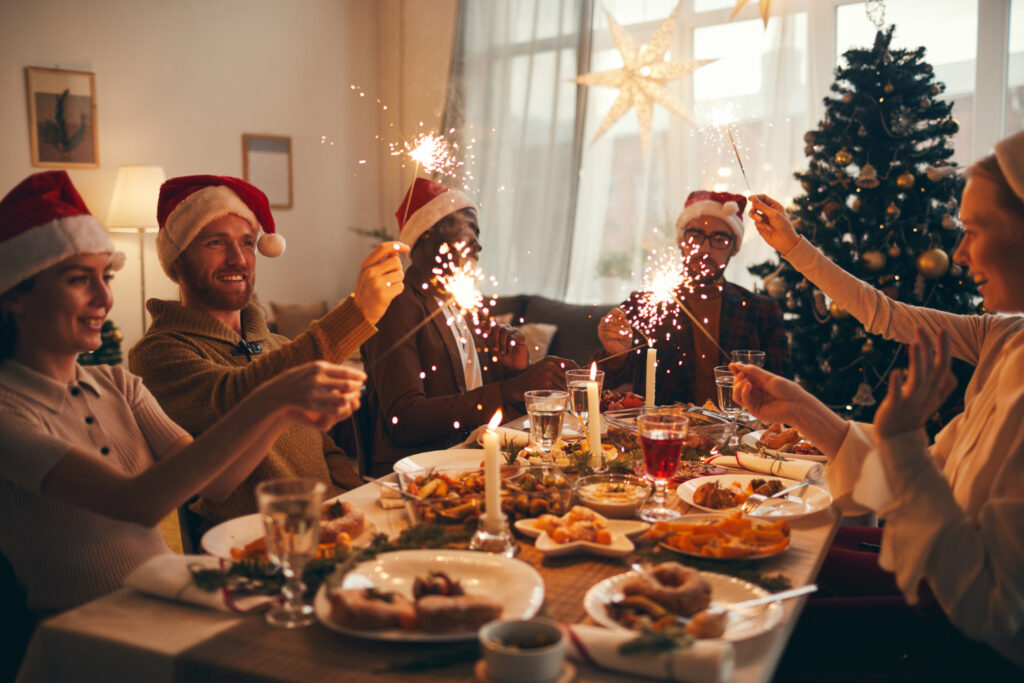
By exploring these diverse practices and delving into their symbolism, we gain insight into how different cultures express their values and beliefs through their unique Christmas traditions.
Festive Celebrations and Rituals
The holiday season is a time of joyous festivities and rituals that bring communities together in celebration. From lively gatherings to cherished traditions, Christmas is filled with moments of happiness and merriment.
Exploring the festive celebrations associated with Christmas reveals a wide array of joyful rituals and activities. Caroling, for example, is a beloved tradition where groups of people sing Christmas songs out in the neighborhood spreading cheer. Attending midnight Mass on Christmas Eve is another common practice where families gather to mark the birth of Jesus.
Additionally, each country has its own customs that make the Christmas period interesting. The Christkindlmarkt in Germany is characterized by twinkling lights, delicious food stalls, artisan crafts filling town squares. Music Dance performances at Copacabana Beach in Rio de Janeiro (Brazil) during “Festa de Natal” are also known as fireworks.
Traditional Foods and Drinks
No holiday celebration is complete without indulging in traditional dishes and beverages enjoyed during Christmas. Each culture has its own culinary delights that are part of the festive celebrations. For example, Italian panettone – a sweet bread containing dried fruits – will always be there as long as it’s Christmas time. In Mexico, tamales are often prepared as a special treat for the holiday season.
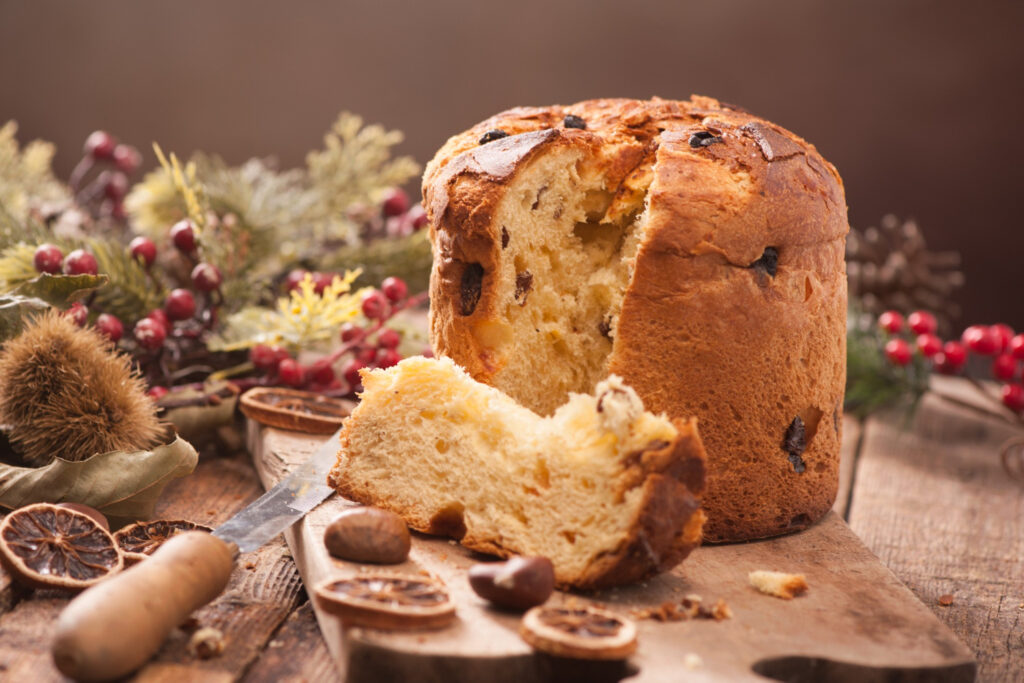
Moreover, there are certain drinks associated with this particular time of year. Mulled wine warms hearts across Europe while eggnog is a classic favorite among English-speaking countries. These traditional foods and drinks not only tantalize our taste buds but also connect us to our cultural heritage.
By immersing ourselves in these festive celebrations and embracing the rituals passed down through generations, we create lasting memories and strengthen our sense of community.
Where do Christmas traditions come from?
Christmas traditions have evolved over time, adapting to the changing nature of society and influenced by global factors. Understanding the development of these festive practices provides insight into how they have transformed throughout history.
Modern Adaptations and Global Influences
As the world becomes more interconnected, Christmas traditions have adapted to the modern world. Globalization has played a significant role in spreading certain customs across borders. For example, the tradition of Santa Claus delivering gifts on Christmas Eve has become a universal symbol of holiday cheer that crosses cultural boundaries.
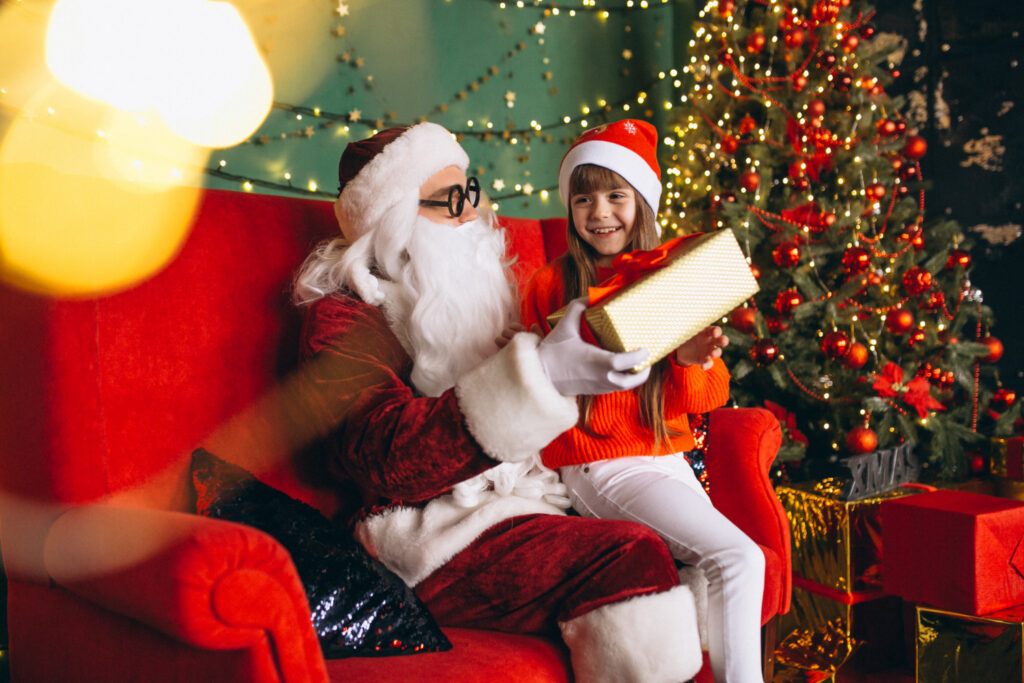
Additionally, advancements in technology have also affected how we celebrate Christmas. With social media and online platforms on the rise, people can now share their holiday experiences with others all over the globe instantly. This sharing of ideas and inspiration has resulted in new traditions as well as creative adaptations.
Incorporation of Local Traditions
While global influences shape Christmas celebrations, local customs continue to play a vital role in preserving cultural heritage. Different regions have incorporated their own practices into the broader framework of global Christmas traditions. For instance, in Australia, where December falls during summer, beach barbecues and outdoor activities have become synonymous with Christmas celebrations.
Similarly, many countries blend their unique cultural practices with global customs. In Japan, for example, while Christmas is not traditionally a religious holiday due to its Buddhist and Shinto roots, it is celebrated with decorations and gift-giving as a secular event.
The incorporation of local traditions ensures that each community maintains its distinct identity while participating in the broader tapestry of global holiday customs.
Exploring Global Christmas Traditions and Their Origins
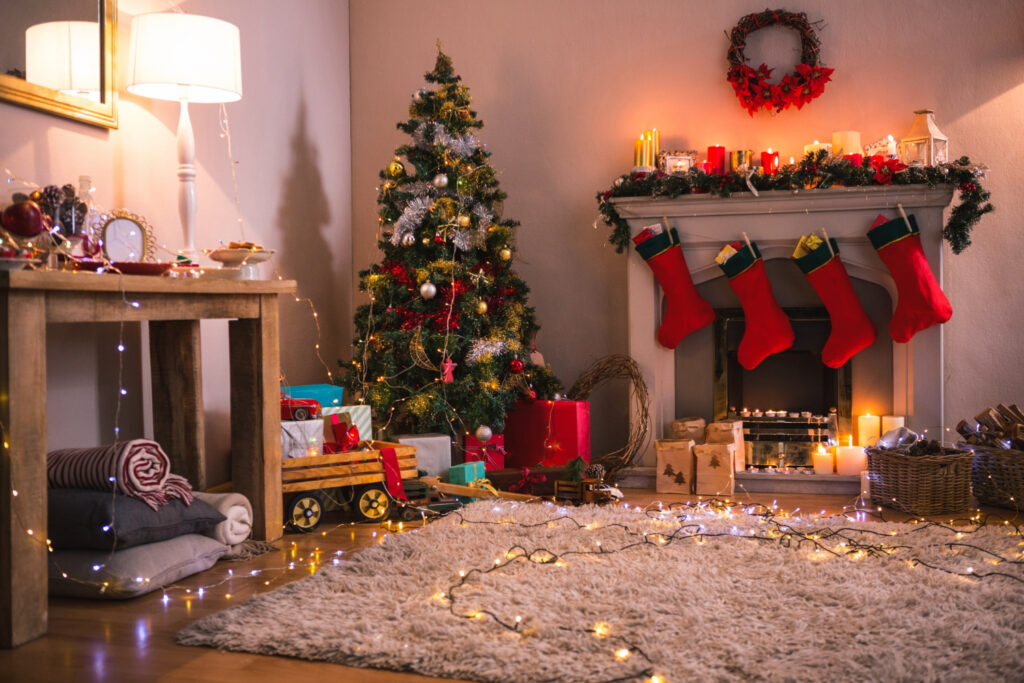
Exploring Christmas traditions across various cultures unveils a magnificent mosaic of historical and cultural insights. These customs, ranging from their inception to the deep-rooted symbolism they carry, offer a glimpse into global festivities.
This journey through worldwide Christmas celebrations uncovers a plethora of culturally rich customs and joyous rituals. In learning about Christmas from a global perspective, we embrace the splendor of cultural variety, enhancing the festive cheer of this universally celebrated holiday.

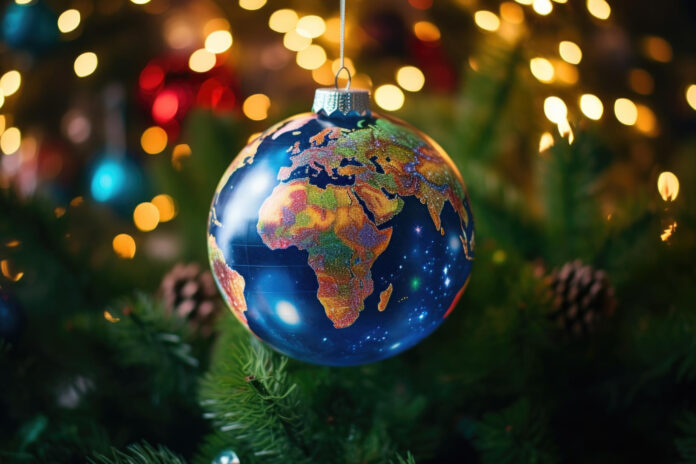



In Italy we also eat panettone for christmas
I didn’t know they eat KFC there for Christmas
Comments are closed.